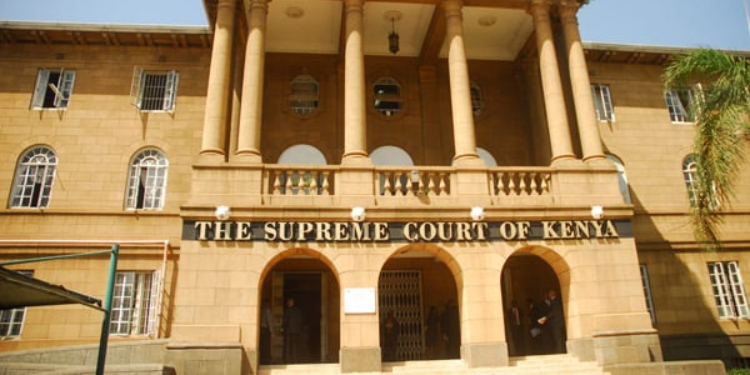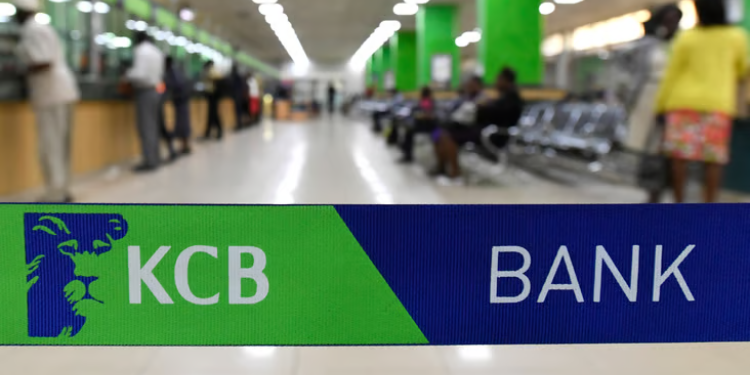The High Court has stopped the Kenya Revenue Authority (KRA) from charging a 16% Value Added Tax (VAT) on banks and mobile payments in a landmark ruling that affects Kenya’s fintech and digital payments sector.
Digital payments service provider Pesapal Limited had challenged the KRA for charging VAT on commissions earned from these services.
The court judgment delivered on August 27, 2025, by Justice Rhoda Rutto, has since overturned an earlier ruling by the Tax Appeals Tribunal made on November 26, 2021, declaring that commissions earned by licensed Payment Service Providers (PSPs) are exempt from VAT.
“This appeal arises from the judgment delivered by the Tax Appeals Tribunal in Tax Appeal No. 13 of 2022. In that case, the Appellant challenged the Respondent’s VAT assessment, which was confirmed in the objection decision dated 26th November 2021,” the judgment read in part.
The May Tribunal Ruling
Pesapal Limited, a licensed Payment Service Provider (PSP), filed an appeal against a ruling by the Tax Appeals Tribunal. The Tribunal had upheld a VAT assessment issued by the Kenya Revenue Authority (KRA).
“The Tribunal therefore holds that the Appellant is not a financial service provider within the meaning of the VAT Act and does not qualify for exemption under Paragraph 1(b) or 1(m) of the First Schedule,” the previous tribunal’s decision stated.
The VAT assessment demanded KSh 76.8 million in principal tax and an additional KSh 33.9 million in penalties and interest. Pesapal disputed this decision, arguing that its commissions from merchants should not be subjected to VAT.
The company stated that its commissions were earned from facilitating payments between customers and merchants. It said these services qualify as VAT-exempt financial services under Paragraphs 1(b) and 1(m) of Part II of the First Schedule to the VAT Act.
In May 2023, the Tribunal ruled that Pesapal’s services were technological rather than financial. It further held that Pesapal was a payment system provider and not a financial institution, making it ineligible for VAT exemption.
Appellant’s Arguments to the Court Ruling
The appellant argued that it provides financial services, including the issuance, receipt, and transfer of money. It stated that these services are offered on behalf of merchants and are commission-based, which falls under VAT-exempt services as per Paragraph 1(m) of the VAT Act.
“The Appellant argued that the VAT Act does not provide a specific and exhaustive definition of ‘financial services,’ and that neither the Tax Appeals Tribunal nor the Kenya Revenue Authority provided one,” read part of the court ruling.
It further stated that the VAT Act does not require a provider to be registered under the Banking Act to qualify for tax exemption. According to the appellant, the Tribunal failed to interpret the VAT Act in a holistic and literal manner, especially considering the open-ended wording of Paragraph 1(b).
Also Read: KRA Invites Applications for Top Managerial Positions; How to Apply
The appellant also pointed out that the proposal in the Finance Bill to delete Paragraph 1(m) indicates an existing ambiguity in the law, which supports its position.
Respondent’s Arguments (KRA)
The Kenya Revenue Authority (KRA) argued that the appellant is a technological facilitator and not a provider of financial services.
It insisted that VAT exemption applies to specific financial services, not to the type of entity offering them.
KRA further stated that being licensed under the National Payment System Act does not automatically qualify a company as a financial service provider under the VAT Act.
“To support this position, the Respondent cited the decision in Fivespot Kenya Limited v. Commissioner of Domestic Taxes, [2023] KETAT 269 (KLR), urging the Court to adopt the reasoning that a payment processing system or platform licensed by the Central Bank of Kenya does not constitute a financial service under the VAT Act,” the court ruling read in part.
Also Read: Supreme Court Wins Prestigious African Bar Award for Judicial Excellence
It maintained that the Tribunal correctly applied a strict interpretation of the law.
Court’s Analysis and Decision
The High Court ruled that the VAT Act does not exclude digital or electronic financial services. It held that modern financial transactions conducted through electronic platforms still qualify as financial services under the law.
The Court found that the appellant’s activities of receiving, storing, and transferring money are similar to traditional financial services.
These functions fall within the scope of financial services as understood in the VAT Act.
It further noted that the open-ended wording of Paragraph 1(b) and the commission-based structure under Paragraph 1(m) support the appellant’s claim for VAT exemption.
The Court concluded that the Tribunal misinterpreted the law. As a result, its judgment was overturned, and the VAT assessment issued by KRA was disallowed. Each party was ordered to bear its own legal costs.
Follow our WhatsApp Channel and X Account for real-time news updates.


















































![Senator Allan Chesang And Chanelle Kittony Wed In A Colourful Ceremony [Photos] Trans Nzoia Senator Allan Chesang With Channelle Kittony/Oscar Sudi]( https://thekenyatimescdn-ese7d3e7ghdnbfa9.z01.azurefd.net/prodimages/uploads/2025/11/Trans-Nzoia-Senator-Allan-Chesang-with-Channelle-KittonyOscar-Sudi-360x180.png)
























